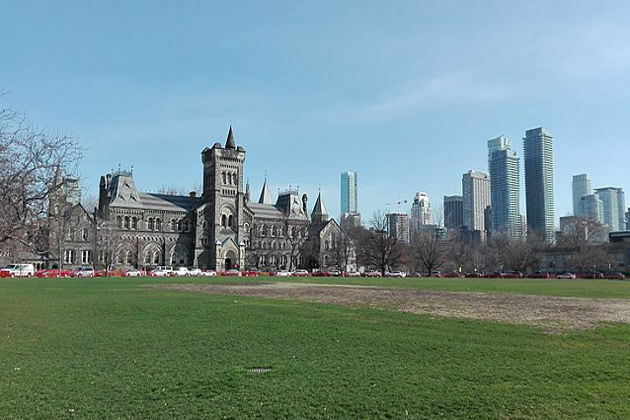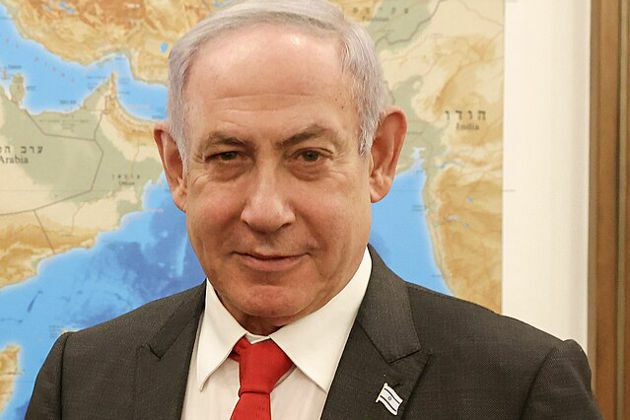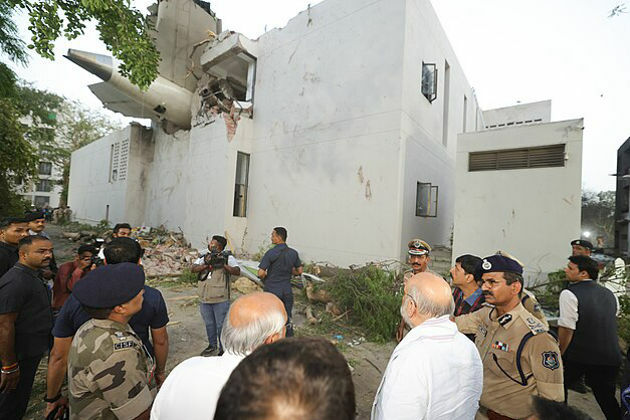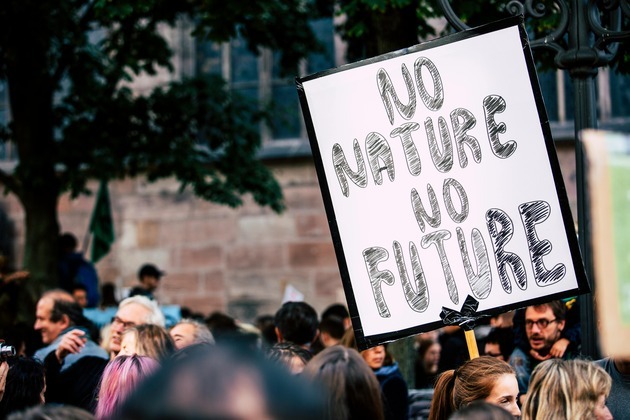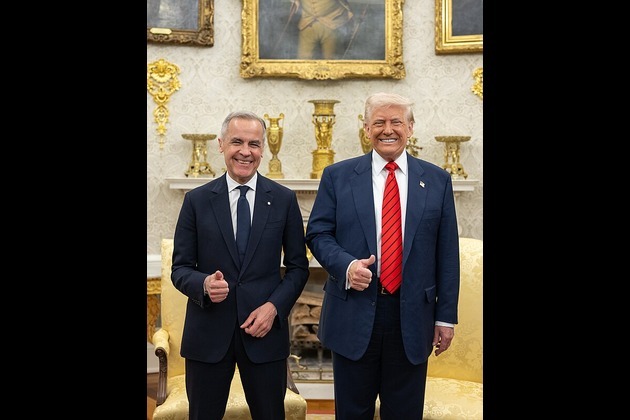Dar es Salaam's bus rapid transit: why it's been a long, bumpy ride
The Conversation
12 May 2022, 20:09 GMT+10
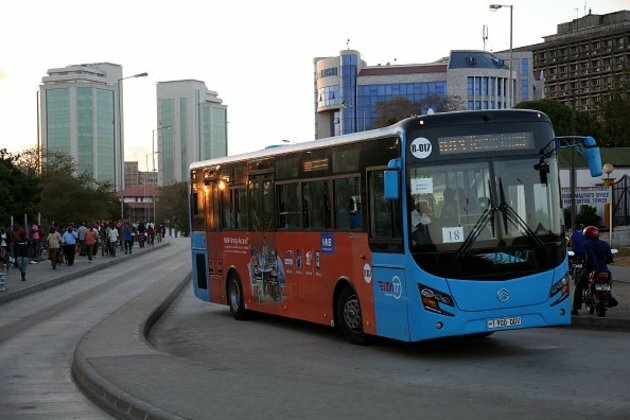
Infrastructure projects are often subject to political aspirations. But when they are not realised as promised or their costs multiply over the years, the projects turn into public controversies. After a while, the aspirations, promises and controversies settle as the infrastructure system becomes an integral part of the environment and society.
Dar es Salaam Bus Rapid Transit is such a project. It was planned to improve urban transport by gradually replacing minibuses in Tanzania's largest city.
Various challenges, like unclear construction plans, residents' protests and unexpected costs, led to several years of delay in constructing and implementing the transport system. Planning started in the early 2000s and it began to operate in 2016.
One out of six construction phases is complete, offering more than 300,000 trips daily. The second phase is under construction and funding has been secured for its third to fifth phases. Phase six is still under discussion.
My research shows how the Dar es Salaam Bus Rapid Transit is both political and deeply embedded into global and local social structures. It also looks at what these entanglements mean for the implementation of a bus rapid transit model in a specific context.
Despite concrete plans and binding contracts that framed the infrastructural project over decades, local social and political conditions still shape its development.
Pioneer project
This transport project has played a central role in Tanzania's national politics. The government set a strong focus on infrastructural development, and the project served as a pioneer of urban transport innovations and large infrastructure systems. It was mainly promoted by the late President John Magufuli while he served as minister for works.
Dar es Salaam experiences heavy congestion. Minibuses, called "daladala", are the main mode of urban transport. They are reliable and efficient, but they cannot handle the city's rapid population growth. This is mainly because they do not have their own physical infrastructure like the rail and bus rapid transit systems do.
Read more: Dar es Salaam's new rapid bus system won international acclaim - but it excludes the poor
A bus rapid transit system has designated lanes and high-capacity buses that call at stations every few minutes. It also features off-board fare collection, enclosed stations and access for pedestrians and cycles. Compared to rail-based systems, the rapid bus transit is expected to be faster and cheaper in terms of planning, construction and operation.
Policymakers - international NGOs, development corporations and consultancies, local governments and transport businesses - say that these bus systems make for high-quality transport available to the people. They have become a trend in cities of the global South for the last two decades. The Transmilenio system of Bogota was used as a model of the concept that has been spreading to the African continent.
In 2003, international consultants picked Dar es Salaam's system as the best practice model for urban Africa. Cities like Addis Ababa, Kampala and Nairobi are following suit, trying the Dar es Salaam model. Professional and personal networks around former Bogota mayor Enrique Penalosa and the New York-headquartered Institute for Transportation and Development Policy have made the Tanzanian metropolis the point of reference for African technocrats instead of South African cities, which implemented the Transmilenio bus rapid transit model earlier.
But there is no guarantee that African cities will learn better from Dar es Salaam than they would from a Latin American or Asian city. Contexts like the attitude towards public-private partnerships or the structure and political power of the minibus industry differ from city to city, between and within continents.
Plans and reality
Since it began, Dar es Salaam's project has been under pressure to succeed and act as a model. Its promoters tend to portray it as the way it was planned rather than how it actually operates.
On the ground, the system is grappling with overcrowded buses, lack of operational schedules and long delays in constructing and operating bus corridors and stations. The delays and changes of plans point to controversies and power struggles.
Controversies are nothing unusual in large-scale planning processes. They often have productive moments as they reveal uncertainties and enable renegotiation.
In contrast to the strong political will at international and national levels, not all Tanzanian politicians are in favour of the project. Some would have preferred a rail-based solution while others are part of the minibus industry.
In addition, the largest bus company - the state-controlled Shirika la Usafiri Dar es Salaam (UDA) - has been vying for a monopoly. The bus company tried to frustrate the contract between the Tanzanian government and the World Bank, which financed the first phase of the project. Under the agreement, the system was to run through a public-private partnership consortium, which would consist of Tanzanians and international operators.
The bus company used three tactics to render the international partnership impossible:
It merged with the Dar es Salaam Commuter Bus Owners Association to form a new company: UDA Rapid Transit.
It lobbied politicians to support its joint venture as the interim operator of the rapid transit system pending the international public private partnership procurement.
It made huge investments that were inconsistent with its status as an interim operator. It installed an automated fare collection system and bought more than 200 buses. The investments made it appear irreplaceable.
To ensure that the only available option for rapid transit operations did not become insolvent, the UDA Rapid Transit was allowed to earn revenue from its buses and fare collection system.
UDA Rapid Transit continues to be the single operator of the Dar es Salaam Rapid Transit System. Whether other operators might come on board in future phases is still uncertain.
Social practice, personal relations and political negotiations direct the system's development. Infrastructure projects are political, controversial and permanently under transformation. They tell us about global models, national development agendas and sociopolitical negotiations on the ground.
Author: Malve Jacobsen - Post-doctoral researcher, Johannes Gutenberg University of Mainz 
 Share
Share
 Tweet
Tweet
 Share
Share
 Flip
Flip
 Email
Email
Watch latest videos
Subscribe and Follow
Get a daily dose of Haiti Sun news through our daily email, its complimentary and keeps you fully up to date with world and business news as well.
News RELEASES
Publish news of your business, community or sports group, personnel appointments, major event and more by submitting a news release to Haiti Sun.
More InformationInternational
SectionFox faces $787 million lawsuit from Newsom over Trump phone call
DOVER, Delaware: California Governor Gavin Newsom has taken legal aim at Fox News, accusing the network of deliberately distorting...
DeepSeek faces app store ban in Germany over data transfer fears
FRANKFURT, Germany: Germany has become the latest country to challenge Chinese AI firm DeepSeek over its data practices, as pressure...
Canadian option offered to Harvard graduates facing US visa issues
TORONTO, Canada: Harvard University and the University of Toronto have created a backup plan to ensure Harvard graduate students continue...
Israel should act fast on new peace deals, Netanyahu says
JERUSALEM, Israel: Israeli Prime Minister Benjamin Netanyahu says that Israel's success in the war with Iran could open the door to...
UN offer rejected in Dreamliner crash investigation
NEW DELHI, India: India has decided not to allow a United Nations (UN) investigator to join the investigation into the recent Air India...
UN climate agency gets 10 percent boost amid global budget cuts
BONN, Germany: Despite widespread belt-tightening across the United Nations, nearly 200 countries agreed this week to increase the...
Business
SectionWall Street extends rally, Standard and Poor's 500 hits new high
NEW YORK, New York - U.S. stock markets closed firmly in positive territory to start the week Monday, with the S&P 500 and Dow Jones...
Canadian tax on US tech giants dropped after Trump fury
WASHINGTON, D.C.: On Friday, President Donald Trump announced that he was halting trade discussions with Canada due to its decision...
Trump-backed crypto project gets $100 million boost from UAE fund
LONDON, U.K.: A little-known investment fund based in the United Arab Emirates has emerged as the most prominent public backer of U.S....
DIY weight-loss drug trend surges amid high prices, low access
SAN FRANCISCO, California: Across the U.S., a growing number of people are taking obesity treatment into their own hands — literally....
Apple allows outside payment links under EU pressure
SAN FRANCISCO, California: Under pressure from European regulators, Apple has revamped its App Store policies in the EU, introducing...
Euro, pound surge as U.S. rate cut odds grow after Powell hint
NEW YORK CITY, New York: The U.S. dollar tumbled this week, hitting its lowest levels since 2021 against the euro, British pound, and...



